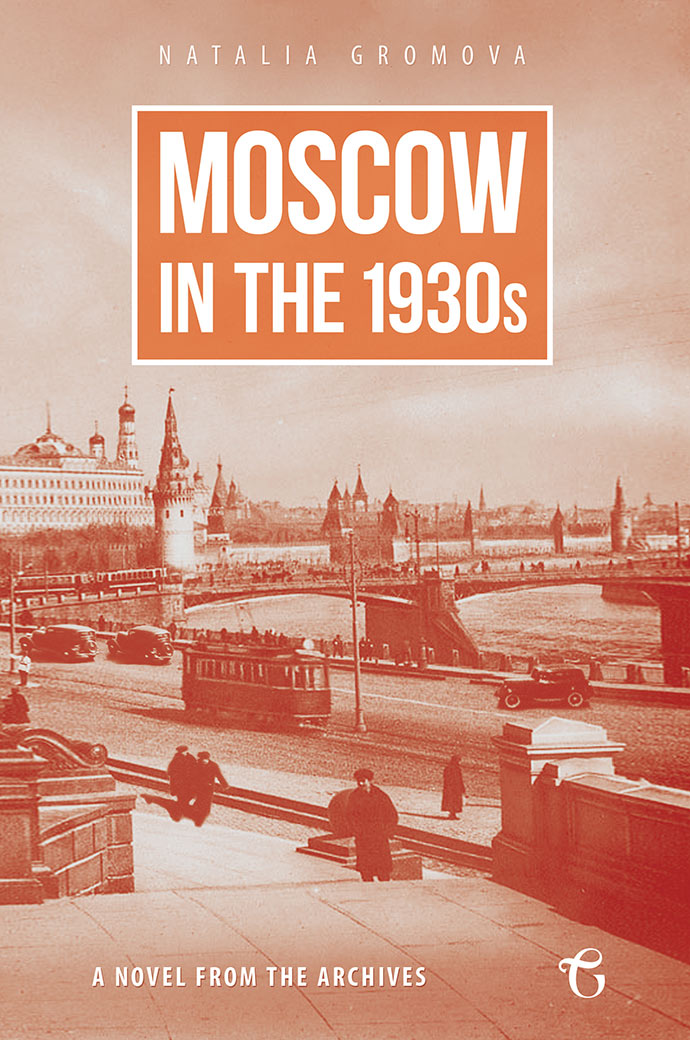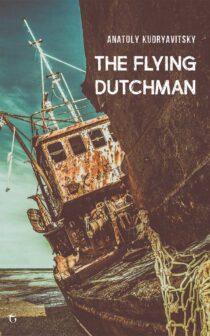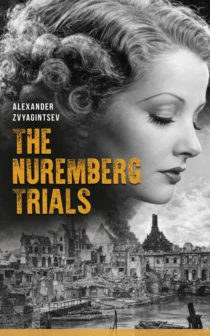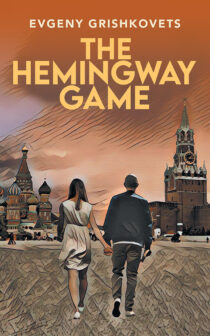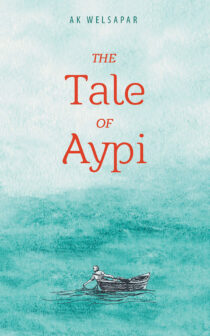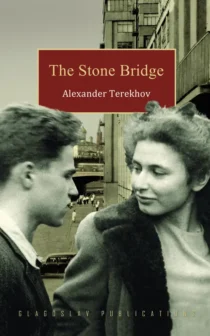Moscow in the 1930s: A Novel from the Archives
Price range: €9.95 through €29.15
Author: Natalia Gromova
Translator: Christopher Culver
Moscow in the 1930s: A Novel from the Archives reveals Moscow as it was in a bygone age, a city now found only on old maps, but an era that continues to haunt us today. The novel features a wide cast of characters, who are all tied together by the author herself.
Moscow in the 1930s: A Novel from the Archives reveals Moscow as it was in a bygone age, a city now found only on old maps, but an era that continues to haunt us today. The novel features a wide cast of characters, who are all tied together by the author herself.
The reader plunges into the remarkable Moscow literary scene of those days, and literature aficionados will encounter within a number of important locations for the history of Russian letters: the Dobrov house, Peredelkino, Lavrushinsky Lane, Borisoglebsky Lane – and also the names of legendary figures such as Olga Bessarabova, Maria Belkina, and Lydia Libedinskaya.
History is brought to life: the author introduces the reader to Leonid Andreyev, leads us on a tour of the side-streets and alleyways of the Arbat district, and shows us the tattered notebooks of Olga Bessarabova. All this has long since fallen away into history, but now it proves so easily accessible to us.
Published with support of the Russian Booker Foundation.
[real3dflipbook id=’99’]
| Dimensions | N/A |
|---|---|
| Author | Natalia Gromova |
| Pages | 364 pages |
| Book Format | Hardcover, Paperback, EPUB, Kindle, PDF |
| Publication date | 5th May 2016 |
Endorsements and Review Quotes
“Gromova begins the novel with a childhood anecdote of how she once found a key but never the door it fitted, comparing it to her experience of the archives. Throughout her life, she has repeatedly found keys and doors to unlock throughout the archives. A shred of a document, a piece of furniture, or almost slipping on the recently repaved icey streets of Lavrushinsky Lane as one retraces the steps of the great Russian writers are all keys to doors that when opened reveal a piece of the past waiting to be placed onto that canvas.” James C. Pearce, Revolutionary Russia
“Natalia Gromova brings a long gone Moscow to life, this is one of a number of books she has written using the same technique of real diaries and setting as a frame for her novels. I found this compelling if a slow read so much to absorb makes it a book that I will be rereading and discovering again.” Winstonsdad’s Blog
“Though many of the characters Gromova unearths in the archives belong to the 1930s, the world that she describes is very much with us. The moral dilemmas presented by Stalinist doctrine to its writers, and the survival strategies they found, have had a lasting effect. What personal qualities allow writers today to speak truth to power? And, conversely, what impels them to use their positions of power to attack minorities and people in need, to intentionally misrepresent reality?” Olga Zilberbourg, Epiphany Lit Mag
“Are you knowledgeable and passionate about Russian literature, art and music of the first half of the 20th century? If you are, this is the book for you, full of unexpected treasures.” Edward James, Historical Novel Society
“Novelist and researcher Natalia Gromova draws upon extensive resources to produce this tale of exploring a version of Moscow that no longer exists. Using fiction as a tool for introducing a generation of literary legends to readers of today, Gromova writes herself into the story to serve as our guide to this now lost world.” World Literature Today
“The more I read, the more I became convinced that this is a hybrid work, pulling together what can be known of the histories of the various protagonists, but also exploring the experience of the archivist. One of the most fascinating and valuable parts of the book is the insight it gives as to the complexity of the archivist or researcher: the constant sifting of material, much of which reveals nothing; the serendipity involved when a chance encounter brings an important result; and the sheer randomness of research. Often it seems as much about knowing what to look for as it is about knowing where to look.” Kaggsy’s Bookish Ramblings
“Impressively well written and a consistently compelling read from beginning to end, “Moscow in the 1930s” is an extraordinary and highly recommended addition to community and academic library Literary Fiction collections.”Midwest Book Review
“As such, Moscow in the 1930s’ charm, then, lies in how intimately it opens up the lives of some of Russia’s most remarkable people. As someone who is still quite a novice when it comes to Russian literature, this novel feels like a great introduction to the works that sprang from this short yet tumultuous part of Russian history.” Juli Witte, A Universe in Words
“Although Moscow in the 1930s is a difficult book to read, this tender homage to writers under Stalin provides an insight into a world that should not be forgotten.” Lisa Hill, ANZ LitLovers LitBlog
